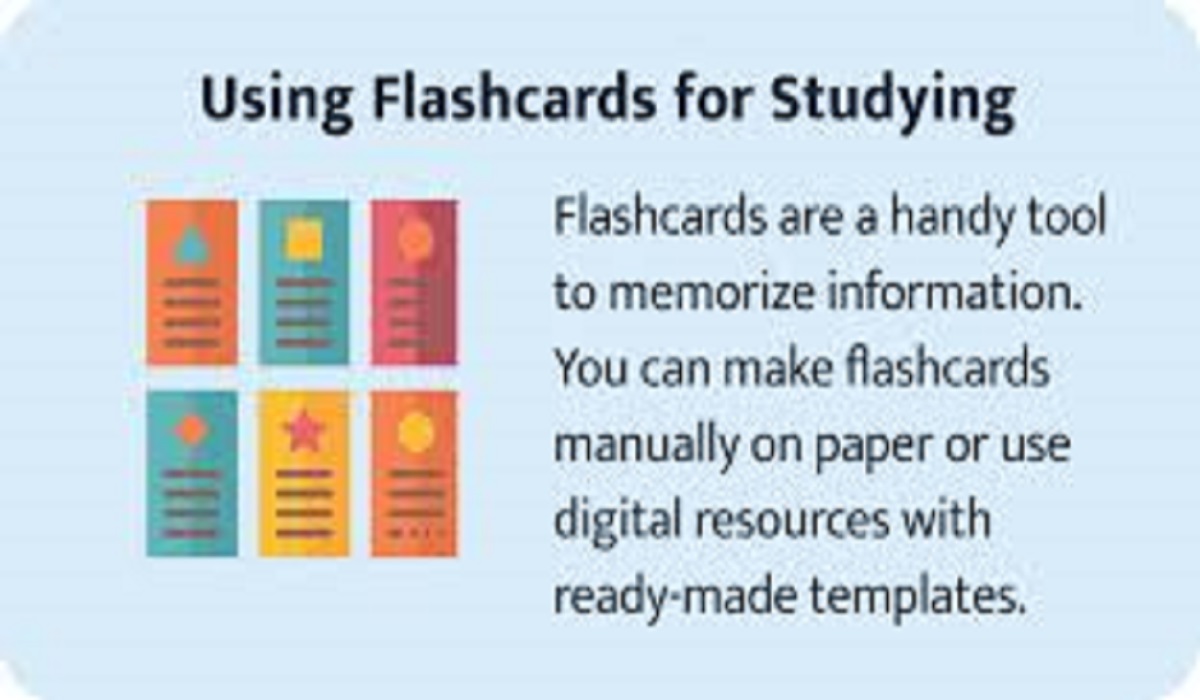Flashcards are a Good Study Tool
Flashcards are a Good Study Tool: Flashcards have been a staple in education for decades, helping students memorize facts, vocabulary, formulas, and key concepts. But with evolving study techniques and digital learning tools, many wonder: Are flashcards still a good study tool?
In this comprehensive guide, we’ll explore:
- The science behind flashcards and memory retention
- Benefits and drawbacks of using flashcards
- Best practices for creating and using flashcards effectively
- Digital vs. paper flashcards
- Latest research on flashcard effectiveness
Whether you’re a student, teacher, or lifelong learner, this article will help you decide if flashcards are the right study tool for you.
The Science Behind Flashcards
How Flashcards Enhance Memory?
Flashcards leverage active recall and spaced repetition, two proven cognitive strategies that strengthen memory retention.
- Active Recall: Instead of passively reading notes, flashcards force you to retrieve information from memory, strengthening neural pathways.
- Spaced Repetition: Revisiting flashcards at increasing intervals helps move knowledge from short-term to long-term memory.
The Leitner System: A Proven Flashcard Technique
Developed by German psychologist Sebastian Leitner, this method organizes flashcards into boxes based on how well you know them. Cards you struggle with are reviewed more frequently, while mastered ones are revisited less often.
Benefits of Using Flashcards
✅ Quick and Efficient Learning
Flashcards break complex topics into bite-sized pieces, making them ideal for memorization-heavy subjects like:
- Vocabulary (languages, medical terms)
- Historical dates and events
- Mathematical formulas
✅ Portable and Flexible
Whether digital (via apps like Anki or Quizlet) or paper-based, flashcards can be used anywhere—on the bus, between classes, or during short study breaks.
✅ Self-Paced Learning
Students control the speed of review, focusing more on challenging concepts and skipping familiar ones.
Potential Drawbacks of Flashcards
❌ Limited for Complex Concepts
Flashcards excel at memorization but may fall short for subjects requiring deep analysis (e.g., essay writing, advanced problem-solving).
❌ Risk of Rote Memorization
Without context, students may memorize facts without truly understanding them.
❌ Time-Consuming to Create
Making high-quality flashcards can be labor-intensive, though pre-made digital decks can help.
How to Use Flashcards Effectively?
✔ Keep It Simple
- One question/concept per card
- Use visuals (diagrams, mnemonics) when helpful
✔ Mix Up Topics (Interleaving)
Instead of studying one subject at a time, shuffle cards from different topics to improve retention.
✔ Test Yourself Regularly
Self-quizzing with flashcards strengthens recall better than passive review.
Digital Flashcards vs. Paper Flashcards
| Feature | Digital Flashcards | Paper Flashcards |
|---|---|---|
| Accessibility | Available on multiple devices | Physical only |
| Spaced Repetition | Automated (e.g., Anki) | Manual (Leitner system) |
| Customization | Rich media (audio, images) | Handwritten/drawn |
| Cost | Free/paid apps | Cheap (paper & pen) |
Best Choice? Digital flashcards offer convenience, but some learners prefer the tactile experience of paper.
Latest Research on Flashcard Effectiveness
Recent studies confirm:
- 2023 Meta-Analysis (Journal of Educational Psychology): Students using flashcards scored 15-20% higher on retention tests.
- Neuroscience Findings: Active recall (used in flashcards) triggers stronger brain activation than passive review.
However, experts recommend combining flashcards with other methods (e.g., practice tests, discussions) for deeper learning.
FAQs About Flashcards
1. Are flashcards effective for all subjects?
Flashcards work best for memorization-based topics (languages, science facts) but may not be ideal for abstract or skill-based subjects (e.g., creative writing).
2. How many flashcards should I study per day?
Aim for 20-30 new cards daily, with review sessions of 50-100 cards to reinforce memory.
3. Which is better: Anki or Quizlet?
- Anki: Best for long-term retention (spaced repetition algorithm).
- Quizlet: More user-friendly, great for quick study sessions.
4. Can I use flashcards for group study?
Yes! Turn flashcard review into a quiz game with peers for interactive learning.
5. Do flashcards work for long-term memory?
Yes, especially when combined with spaced repetition—revisiting cards over weeks/months.
Conclusion: Are Flashcards Worth It?
Yes! Flashcards remain one of the most effective study tools for memorization and active recall. However, they should be part of a broader study strategy—not the only method.
For teachers and students looking to optimize learning, flashcards + practice testing + elaboration techniques create the best results.
